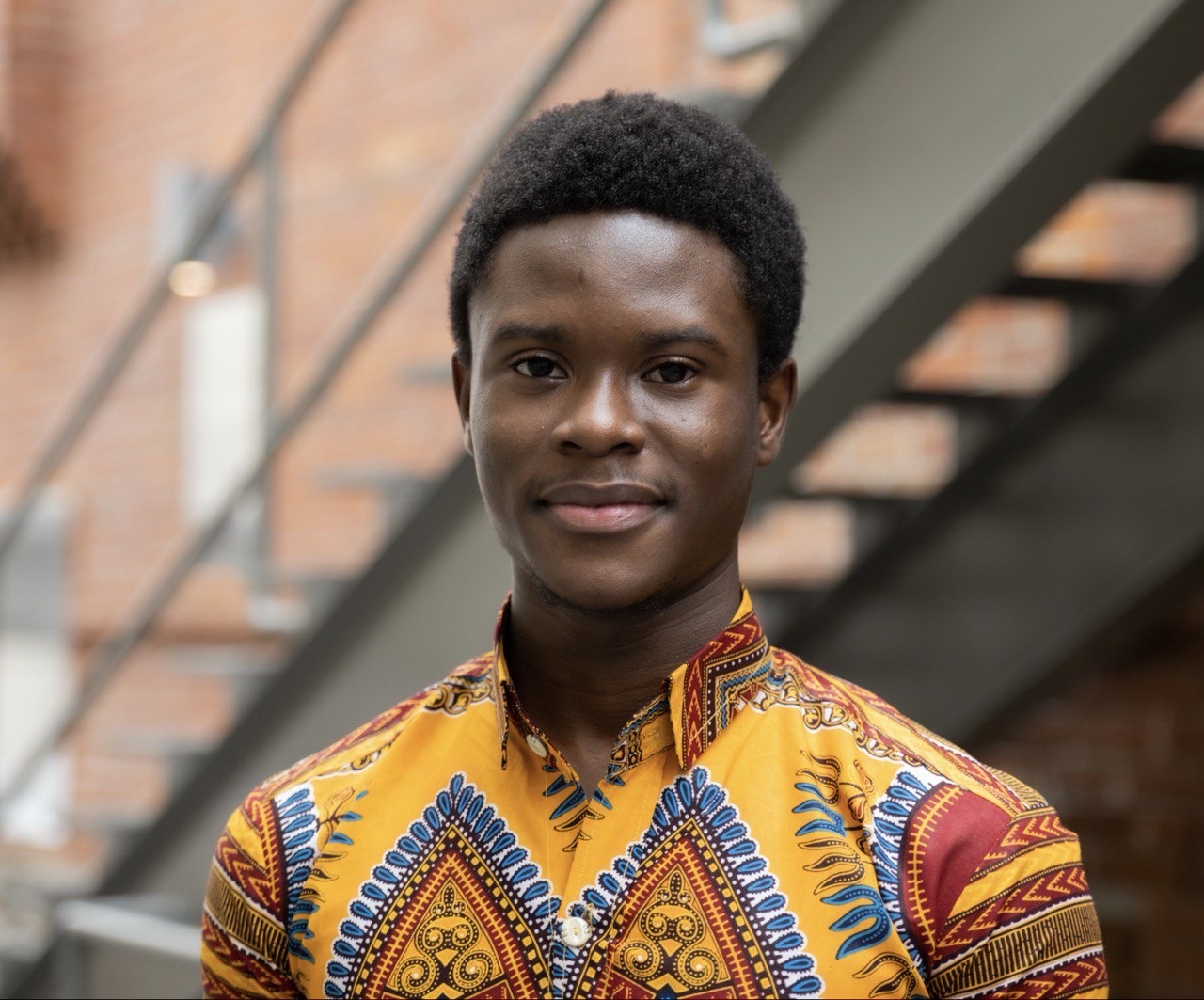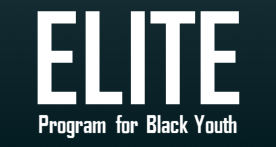
Author: Adiki Puplampu
Date: 15 September 2023
If there’s one thing that Larry Afun is sure of, it’s that he’s passionate about research. An international student about to begin his third year at the University of Toronto (UofT), Larry’s academic career has been driven by his curiosity and willingness to learn. From his membership on the UofT’s EDI committee to winning various awards, including the Dean’s Scholarship and the Audrey Perry Student Life Award, Larry is an accomplished student who’s dreamed for years of working in a research environment.
“There’s this paradox of experience, where if you don’t have the experience it’s hard to enter the domains in which you can get the experience and that was precisely my experience at the UofT”
It wasn’t until he was accepted into the ELITE Program at the University of Alberta that he had the opportunity to practically explore his interest in research. Encouraged to apply by a friend and fellow ELITE Program intern, Larry was excited by the opportunity the Program offered to engage in valuable research with experienced principal researchers.
At the UofT, Larry is an honors Bachelor of Science student, double majoring in physiology and immunology. Deciding on a major was difficult for Larry who’s interests range from evolutionary biology to philosophy, psychology, and even math. Ultimately, he decided to double major because of the flexibility it gives him; physiology allows him to explore broader scientific concepts while immunology allows for more granular scientific discovery, a perfect combination for someone curious about everything.
This summer, Larry is putting his passion for research and inquiring mind to the test by working in Dr. Plemel's lab at the University of Alberta where he’s supporting research on therapeutic cells for multiple sclerosis (MS) patients. More specifically, the lab is working to validate the presence of cells that have therapeutic effects in MS patients. Canada has the highest rates of MS in the world with approximately 94,000 people with the autoimmune disease, a number that’s expected to grow in the coming years.
Already, Larry has made significant contributions to the lab. At the very beginning of his internship, he was tasked with finding a way to spatially map the presence of microglial cells using software that no one else in the lab had used. Initially, he was intimidated by the task. But after a few weeks of tinkering with the problem, Larry produced a protocol that the lab now uses to map cell density. He recently also developed a protocol to automate cell counting, a task that was previously done manually.
“What’s surprised me is that I get paid to do this. I would do this for free”, Larry said.
When you consider the range of people that Larry counts as inspirations, from the neuroscientist Sam Harris to the evolutionary biologist Richard Dawkins and the psychologist Paul Bloom, Larry’s curiosity and academic determination come as no surprise. What draws him to each of these thinkers is their intellectual honesty, deep thinking, and adherence to reason. Traits that Larry, as an emerging researcher, is clearly cultivating in his own scientific practice.
While his exact career trajectory is still developing, Larry knows that his path will be a scientific one. It’s safe to say that Larry’s interest in research has been affirmed by his experience this summer and that this is just the beginning of his budding research career.

